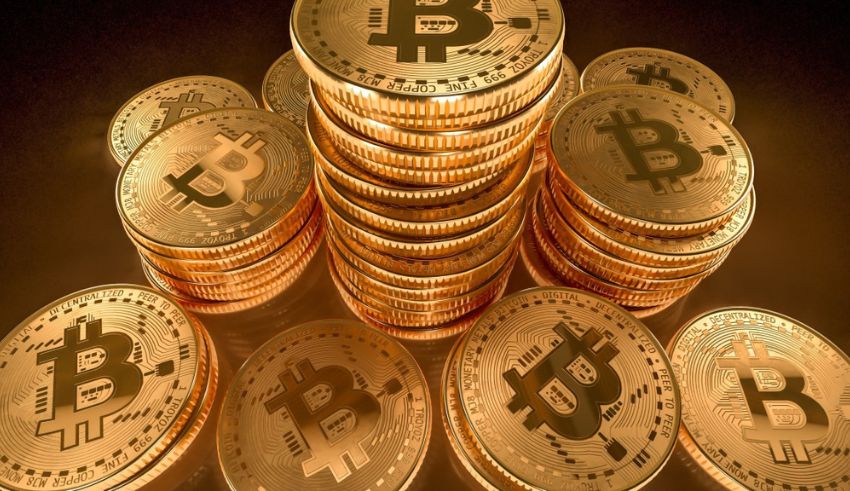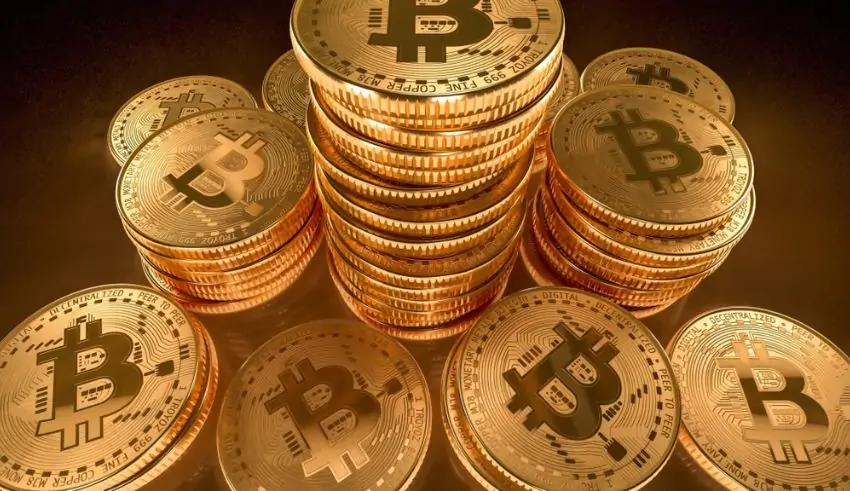

(C) LinkedIn
Asia is home to some of the most mature and dynamic financial markets in the world, and also to some of the most diverse approaches to regulating crypto assets. In this article, we will explore how three of the region’s leading financial centers – Hong Kong, Singapore, and Japan – are shaping their crypto policies and what implications they have for the industry.
Hong Kong has been a major hub for crypto activity in Asia, attracting both local and international players with its relatively open and flexible regulatory environment. However, the city is also facing increasing pressure from mainland China, which has taken a hardline stance against crypto trading and mining.
In response, Hong Kong has been trying to strike a balance between fostering innovation and protecting investors, as well as maintaining its autonomy and competitiveness as a global financial center. In 2020, the Hong Kong government announced a new licensing regime for crypto exchanges, which would require them to obtain approval from the Securities and Futures Commission (SFC) and only serve professional investors. The move was seen as a way to align Hong Kong’s crypto regulations with international standards and to prevent money laundering and fraud.
However, the new regime also raised some concerns among the crypto industry, as it could limit the access and choice of retail investors and create entry barriers for new and smaller exchanges. Some industry players have also argued that the SFC’s framework is too rigid and does not reflect the diversity and complexity of crypto assets.
To address these issues, the Hong Kong Monetary Authority (HKMA) recently unveiled a new plan to regulate crypto assets and stablecoins, which would adopt a more nuanced and risk-based approach. The plan would classify crypto assets into four categories: virtual commodities, virtual assets, virtual asset tokens, and e-money tokens, and apply different rules and standards for each category. The plan would also cover stablecoins, which are digital tokens pegged to fiat currencies or other assets, and would subject them to the same oversight as e-money.
The HKMA’s plan is expected to be finalized and implemented by July 2022, and could provide more clarity and certainty for the crypto industry and investors in Hong Kong. It could also help Hong Kong maintain its edge as a crypto-friendly jurisdiction and a bridge between China and the rest of the world.
Singapore has been another key destination for crypto businesses in Asia, thanks to its reputation as a stable and innovation-friendly financial center. The city-state has been one of the first countries in the world to introduce a comprehensive legal framework for crypto assets, known as the Payment Services Act (PSA), which came into effect in 2020.
The PSA requires crypto service providers, such as exchanges, custodians, and brokers, to register and obtain a license from the Monetary Authority of Singapore (MAS), and to comply with anti-money laundering and consumer protection rules. The PSA also gives the MAS the power to designate and regulate certain crypto assets as securities, derivatives, or collective investment schemes, depending on their characteristics and risks.
The PSA was widely welcomed by the crypto industry, as it provided a clear and consistent set of rules and standards for crypto activities in Singapore. However, the PSA also exposed some of the challenges and vulnerabilities of the crypto sector, especially after a series of high-profile failures and scandals involving some of the largest and most prominent crypto firms registered in Singapore.
For instance, in 2020, Three Arrows Capital, a crypto hedge fund, was accused of manipulating the price of Compound, a decentralized lending platform, by exploiting a flaw in its governance system. The incident resulted in a loss of over $100 million for Compound users and triggered a regulatory investigation by the MAS.
In another case, in 2021, Terraform Labs, a blockchain startup, suffered a massive cyberattack that drained $150 million worth of funds from its stablecoin project, Terra. The attack also affected several other crypto projects that were integrated with Terra, such as Mirror Protocol and Anchor Protocol. The attack prompted the MAS to issue a warning to the public about the risks of investing in crypto assets and to tighten its oversight of crypto service providers.
These incidents have highlighted the need for more robust and effective regulation of crypto assets in Singapore, as well as greater cooperation and coordination among regulators, industry players, and consumers. The MAS has indicated that it will review and revise the PSA to address the emerging issues and challenges in the crypto space, and to ensure that Singapore remains a safe and conducive environment for crypto innovation and growth.
Japan has a long and complex history with crypto assets, dating back to the early days of Bitcoin and the infamous Mt. Gox hack in 2014, which resulted in the loss of $450 million worth of bitcoins and shook the confidence of the crypto community. Since then, Japan has been one of the first and most active countries in the world to regulate crypto assets, with the aim of restoring trust and ensuring consumer protection.
In 2017, Japan enacted the Payment Services Act (PSA), which recognized crypto assets as a legal form of payment and required crypto exchanges to register and obtain a license from the Financial Services Agency (FSA). The PSA also imposed strict rules and standards on crypto exchanges, such as segregating customer and exchange funds, keeping most of the funds in cold wallets, conducting regular audits, and reporting any suspicious transactions.
In 2018, following the Coincheck hack, which resulted in the theft of $530 million worth of NEM tokens, Japan further tightened its crypto regulations and established the Japan Virtual Currency Exchange Association (JVCEA), a self-regulatory organization for crypto exchanges. The JVCEA was tasked with setting and enforcing industry best practices, such as limiting the amount of leverage and margin trading, screening the types of crypto assets that can be listed and traded, and creating a compensation fund for customers in case of losses.
However, in recent years, Japan has also softened its stance on crypto assets and adopted a more supportive and proactive attitude towards the industry. In 2020, Japan amended the PSA and the Financial Instruments and Exchange Act (FIEA), which introduced new terms and definitions for crypto assets, such as “crypto asset” instead of “virtual currency”, and “crypto asset exchange service provider” instead of “virtual currency exchange service provider”. The amendments also clarified the legal status and treatment of crypto assets as property and as financial instruments, depending on their nature and function.
In 2021, Japan also relaxed some of its rules and requirements for crypto exchanges, such as allowing them to list and trade more types of crypto assets, including tokens that are not primarily used as a means of payment, such as utility tokens and security tokens. The FSA also announced that it would streamline and expedite the registration and licensing process for crypto exchanges, and that it would encourage and support innovation and experimentation in the crypto space.
Japan’s shift from strict to supportive reflects its recognition of the potential and value of crypto assets, as well as its desire to remain competitive and relevant in the global crypto landscape. Japan has also been actively involved in international cooperation and coordination on crypto regulation, such as participating in the G20 and the Financial Action Task Force (FATF) initiatives and standards. Japan hopes to leverage its experience and expertise in crypto regulation to contribute to the development and harmonization of the global crypto framework.
Asia is a diverse and dynamic region for crypto assets, with different countries adopting different approaches and strategies to regulate and support the industry. While there are some common challenges and opportunities, such as ensuring consumer protection, preventing money laundering, and fostering innovation, there are also some unique and specific factors and circumstances that shape each country’s crypto policy and vision.
As the crypto industry continues to evolve and grow, so will the crypto regulations in Asia. The key is to find a balance between enabling and empowering the industry, and safeguarding and enhancing the public interest. By doing so, Asia can become a leader and a model for the rest of the world in the crypto space.
Malaysia has reached a historic milestone by ranking number one in the global Open Data Inventory (Odin) 2024/25, thanks to…
For Nogizaka46 fans, this May is going to offer a great opportunity to watch as their 6th Generation Members are…
The dual relationship between Malaysia and the Myanmar junta and National Unity Government (NUG) establishes a vital shift in how…
BLACKPINK's Lisa Declines to Perform at Miss Universe 2025 BLACKPINK's Lisa, who recently stole the limelight at the 2025 Coachella…
Japan's long-standing auto manufacturer Toyota has now officially partnered with Waymo, a U.S. company in the business of self-driving technologies,…
Malaysia Airlines' service expansion to Australia involves the deployment of modern Airbus A330neo aircraft with private business class suites that…
This website uses cookies.
Read More